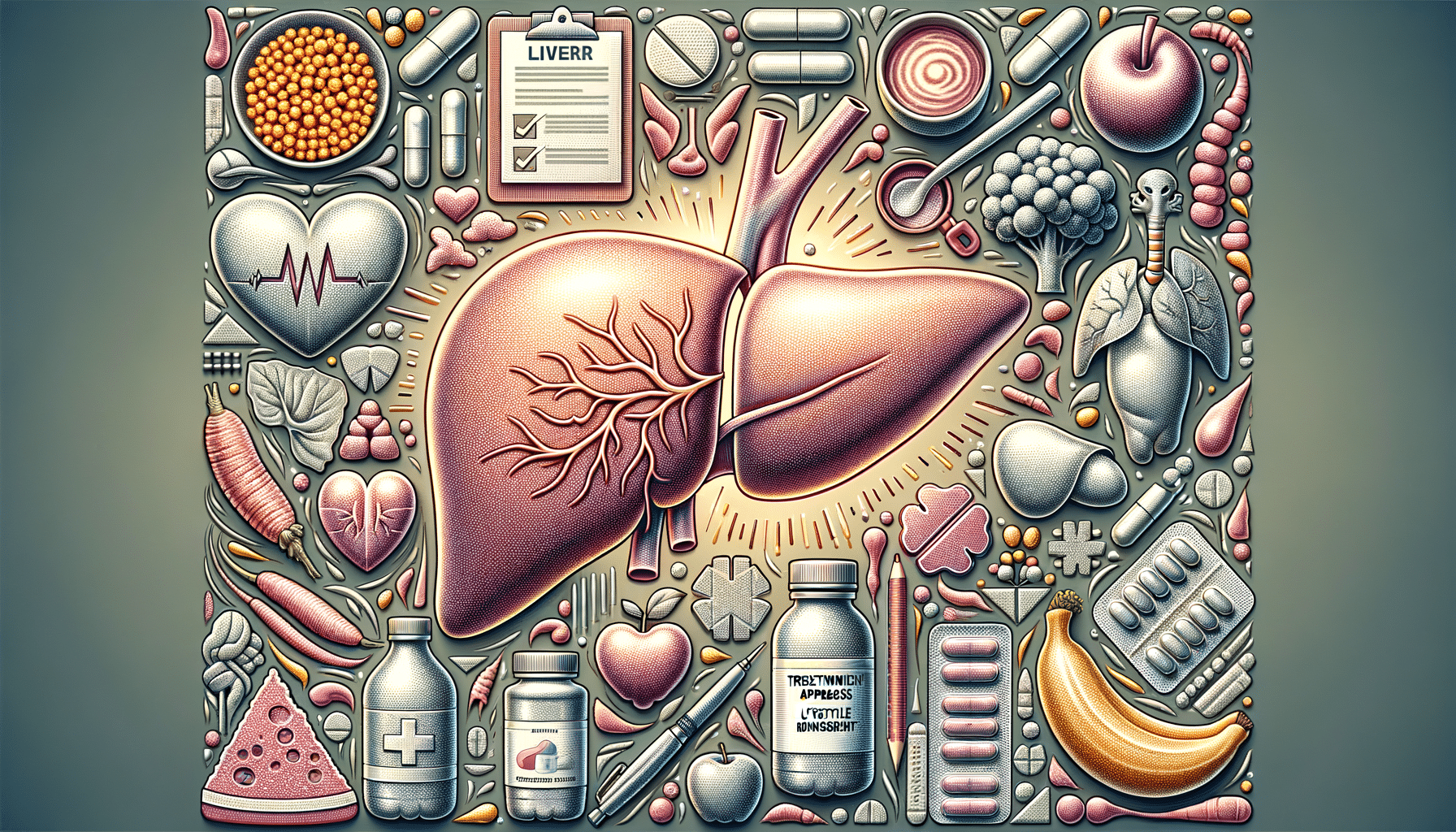
Understanding Cirrhosis: Treatment Approaches & Lifestyle Management
Introduction to Cirrhosis
Cirrhosis is a chronic liver disease characterized by the replacement of healthy liver tissue with scar tissue, leading to progressive liver dysfunction. This condition often arises from long-term damage due to factors such as alcohol abuse, hepatitis infections, or non-alcoholic fatty liver disease. Understanding cirrhosis is critical, as it is among the leading causes of liver-related morbidity and mortality worldwide.
The liver plays a vital role in detoxifying the blood, producing essential proteins, and storing nutrients. When cirrhosis progresses, these functions are compromised, leading to a range of health complications. Early diagnosis and management can significantly impact the quality of life for those affected, making it essential to explore treatment options and lifestyle modifications.
Medical Treatments for Cirrhosis
Medical management of cirrhosis focuses on treating the underlying cause, preventing further liver damage, and managing complications. While cirrhosis is irreversible, certain treatments can slow its progression and improve symptoms.
Common medical interventions include:
- Antiviral medications for hepatitis-related cirrhosis.
- Abstinence from alcohol to prevent further liver damage.
- Medications to manage symptoms such as portal hypertension or ascites.
- Regular monitoring and screening for liver cancer.
In advanced cases, a liver transplant may be considered. This procedure can be life-saving, but it requires careful evaluation and matching with a suitable donor. The decision to pursue a transplant involves weighing the risks and benefits, highlighting the importance of a comprehensive medical evaluation.
Lifestyle Adjustments for Managing Cirrhosis
Adopting a healthy lifestyle is a critical component of managing cirrhosis. Patients are encouraged to make dietary changes, engage in regular physical activity, and avoid substances that can further damage the liver.
Key lifestyle adjustments include:
- Following a balanced diet low in sodium to reduce fluid retention.
- Incorporating regular exercise to maintain a healthy weight and improve overall health.
- Avoiding alcohol and drugs that can exacerbate liver damage.
- Staying hydrated and avoiding excessive caffeine intake.
These lifestyle changes can help manage symptoms and improve liver function. Patients should work closely with healthcare providers to tailor a plan that suits their individual needs and medical conditions.
Monitoring and Regular Check-Ups
Regular medical check-ups are essential for individuals with cirrhosis. These visits allow healthcare providers to monitor liver function, assess the effectiveness of treatments, and detect any complications early.
During these appointments, doctors may conduct blood tests, imaging studies, and liver function tests to evaluate the liver’s health. Early detection of complications such as variceal bleeding, hepatic encephalopathy, or liver cancer can lead to timely interventions and better outcomes.
Patients should maintain open communication with their healthcare team and report any new symptoms or concerns promptly. This proactive approach is crucial for managing cirrhosis effectively and maintaining a good quality of life.
Conclusion: Living with Cirrhosis
Living with cirrhosis requires a comprehensive approach that combines medical treatment, lifestyle modifications, and regular monitoring. While the condition poses significant challenges, effective management can slow its progression and improve quality of life.
Patients should work closely with healthcare providers to develop a personalized care plan. By adhering to medical advice, making healthy lifestyle choices, and staying informed about their condition, individuals with cirrhosis can lead fulfilling lives despite the challenges posed by this chronic disease.


